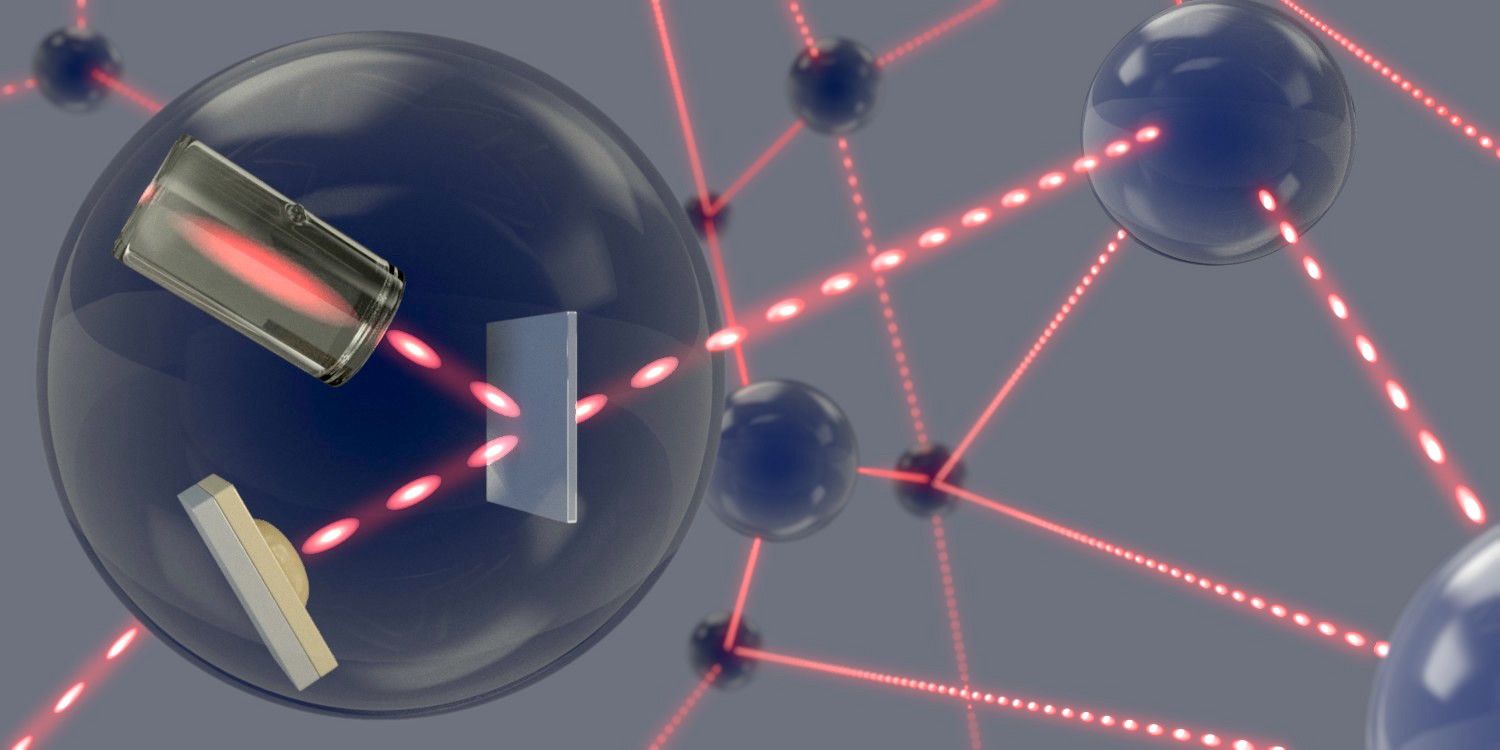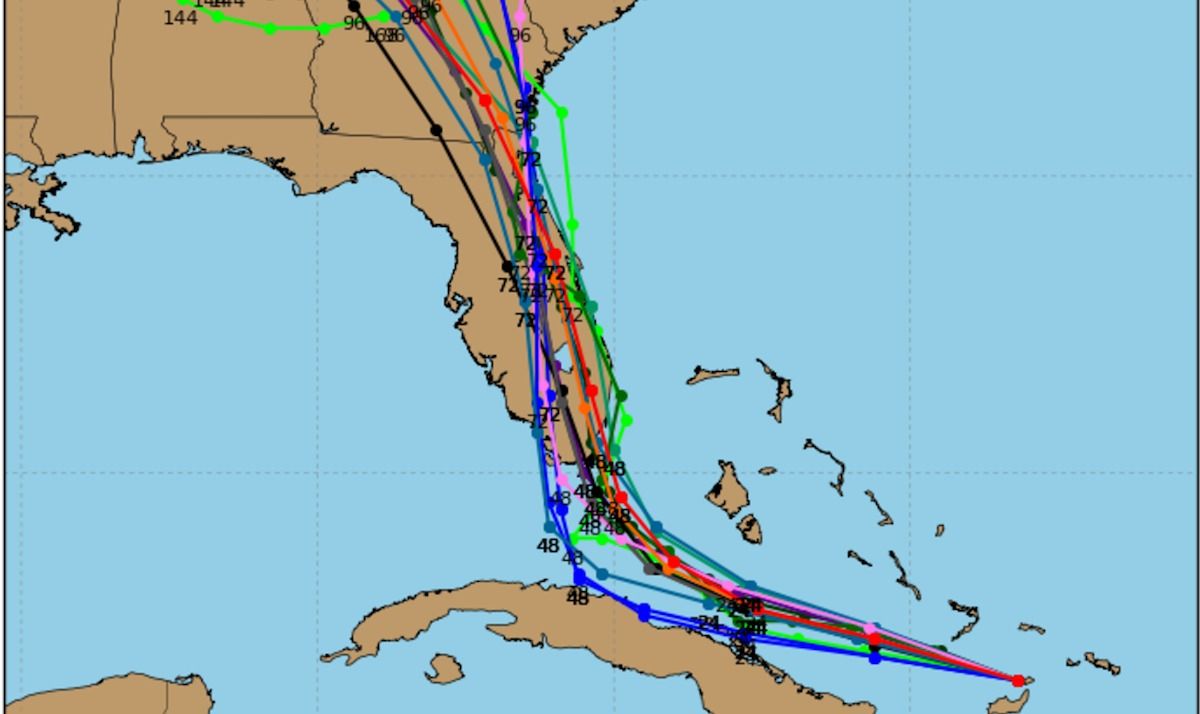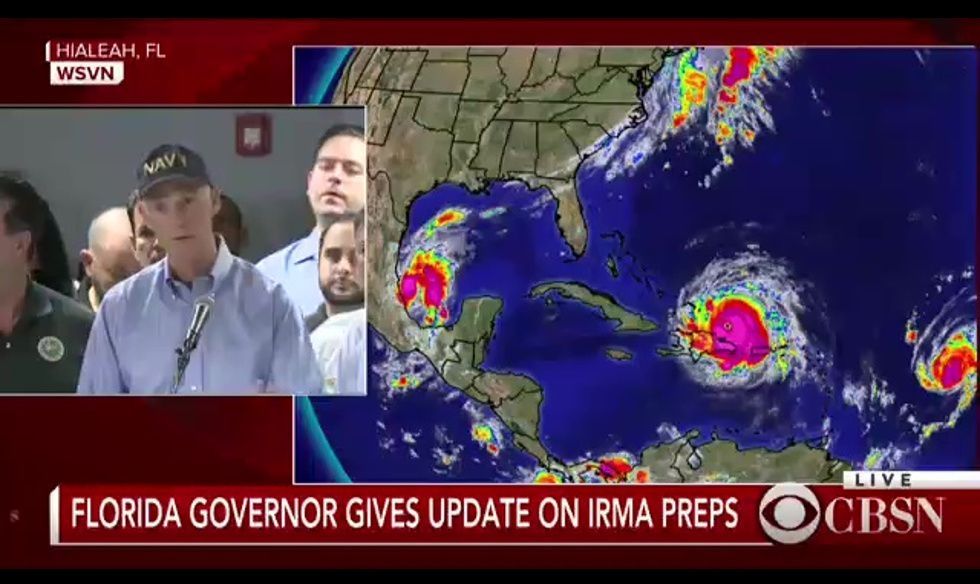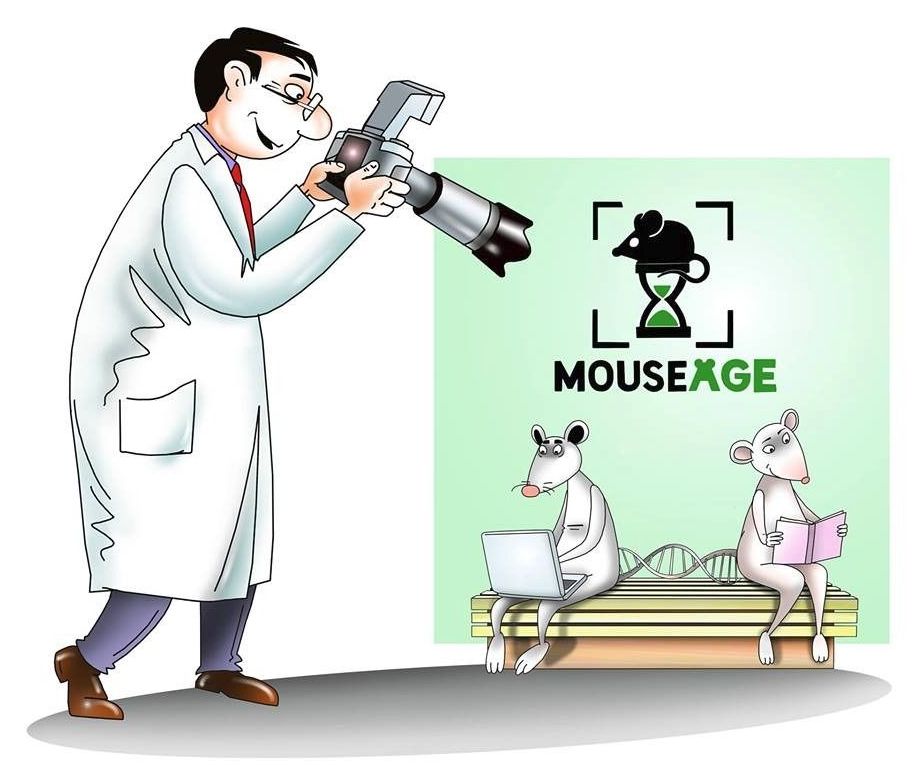The Chinese are massively investing in AI research and tech, while the Trump administration is cutting federal programs wholesale.


Video Friday is your weekly selection of awesome robotics videos, collected by your Automaton bloggers. We’ll also be posting a weekly calendar of upcoming robotics events for the next two months; here’s what we have so far (send us your events!):

Physicists from the University of Basel have developed a memory that can store photons. These quantum particles travel at the speed of light and are thus suitable for high-speed data transfer. The researchers were able to store them in an atomic vapor and read them out again later without altering their quantum mechanical properties too much. This memory technology is simple and fast and it could find application in a future quantum Internet. The journal Physical Review Letters has published the results.
Even today, fast data transfer in telecommunication networks employs short light pulses. Ultra broadband technology uses optical fiber links through which information can be transferred at the speed of light. At the receiver’s end, the transmitted information has to be stored quickly and without errors so that it can be processed further electronically on computers. To avoid transmission errors, each bit of information is encoded in relatively strong light pulses that each contain at least several hundreds of photons.
For several years, researchers all over the world have been working on operating such networks with single photons. Encoding one bit per photon is not only very efficient, but it also allows for a radically new form of information processing based on the laws of quantum physics. These laws allow a single photon to encode not only the states 0 or 1 of a classic bit, but also to encode a superposition of both states at the same time. Such quantum bits are the basis for quantum information processing that could make unconditionally secure communication and super fast quantum computers possible in the future. The ability to store and retrieve single photons from a quantum memory is a key element for these technologies, which is intensively investigated.
Research and development is focused on developing new means of data storage that are more dense and so can store greater amounts of data, and do so in a more energy efficient way. Sometimes this involves updating established techniques: recently IBM announced a new magnetic tape technology that can store 25 gigabytes per square inch, a new world record for the 60-year-old technology. While current magnetic or solid-state consumer hard drives are more dense at around 200 gigabytes per square inch, magnetic tapes are still frequently used for data back-up.
However, the cutting edge of data storage research is working at the level of individual atoms and molecules, representing the ultimate limit of technological miniaturization.

We are delighted to hear that the SENS Research Foundation and the Forever Healthy Foundation have joined forces to host an exciting conference about rejuvenation biotechnology on March 15–17, 2018 at the Umspannwerk Alexanderplatz in Berlin, Germany.
The particularly good news is that this conference will be open to the wider community interested in this field and not just academia. We believe this is a fantastic move, as it allows more people to engage with the science and to learn firsthand from the researchers working on the front line. We very much support the idea that we are all in this together and thus are very pleased to see that the event is open to the entire community.
The event will be a fantastic opportunity to network as well as learn about the latest exciting innovations and progress in the field. The strength of our community relies on our ability to network effectively and engage with the wider public audience as well as attract the support of investors and philanthropists.

All hurricane models now agree, hurricane irma is going to slam straight into south florida.
Miami south beach to get 10 feet of sea surge.
If you’ve ever lived in South Florida during hurricane season, chances are you’ve learned to read the various storm projection models like a fortuneteller scanning tarot cards. “I’m sorry, but the European model shows a far stronger eastern trend than the GFS,” you’ve probably said in a serious tone at…

You know those jokes about how people first go online and on social media in times of emergencies before they actually do something about said emergency? Well it’s time to turn that new habit on its head and actually make it useful. Florida governor Rick Scott urged residents to take advantage of apps like Gas Buddy, Google Maps, and Expedia to get the latest information on gas availability and road closures in preparing for hurricane Irma’s landfall. Of course, only before and after the storm, not during and especially not inside it.”
“The devastation in Houston left in Harvey’s wake has sent Florida scrambling to prepare for an even more frightening Irma. This has caused no small amount of panic buying of supplies and gas. The latter has been especially problematic and one that cannot be easily solved. The only temporary answer is to make sure you can actually find an open gas station before you actually get there.”
“Gas Buddy is stepping up to task to go beyond the app’s original purpose. Times like these, people are less concerned about finding the cheapest prices than they are finding gas in the first place. Like in Harvey’s case, Gas Buddy has activated its Fuel Tracker to show stations that have no power, no gas, or both. This information is sourced from users who already had the misfortune of finding that out the hard way.”

Today we have another video update from the Mouseage team who are working to create the first artificial intelligence-based photographic biomarker of aging in mice. The project aims to provide researchers with a cheap and effective biomarker system that can be used to quickly determine if interventions against the age-related diseases are effective as well as helping to save the lives of lab animals worldwide.
In this episode, Poly Mamoshina is at Oxford University is talking about aging biomarkers and why they are so important for research. Poly is a research scientist at Insilico Medicine in the Pharma AI division which specializes in artificial intelligence-based drug discovery. She is also a part of Computational biology team in Computer Science Department at the University of Oxford, you can learn more about her work here.
What are biomarkers and why are they so important in aging research? Poly explains in this informative video.
The way we traditionally bury the dead is horrible for the environment.
Vox.com is a news website that helps you cut through the noise and understand what’s really driving the events in the headlines. Check out http://www.vox.com to get up to speed on everything from Kurdistan to the Kim Kardashian app.
Check out our full video catalog: http://goo.gl/IZONyE
Follow Vox on Twitter: http://goo.gl/XFrZ5H
Or on Facebook: http://goo.gl/U2g06o
The modern way of burying a body, the “casket in the ground method” most of us are used to is horrible for the environment. It uses an incredible amount of resources, emits toxic pollutants into the air, and pumps the ground full of formaldehyde, which is known to cause cancer. It’s also prohibitively expensive. The average cost of a modern funeral costs between $10,000 to $12,000.
There are a number of greener options available though. Cremation uses less resources and requires less space than a traditional burial, but isn’t perfect. There are more experimental methods on the horizon such as promession and alkaline hydrolysis.
